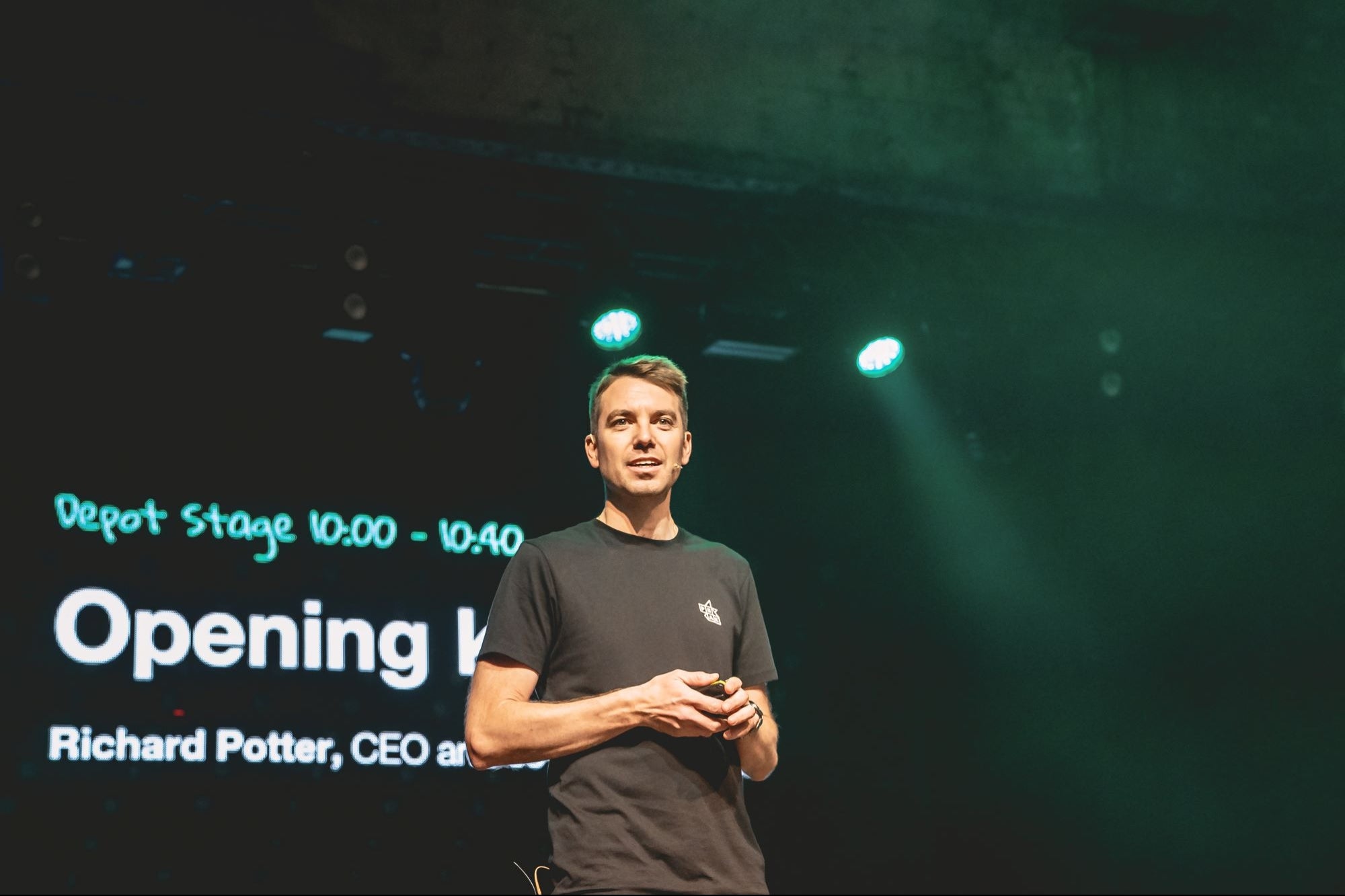The Power of 'Boring AI' In a world where artificial intelligence is increasingly defined by glitz - by talking avatars, deepfake dramas, and algorithmic hallucinations - Richard Potter is unapologetically obsessed with something far less headline-grabbing: making businesses quietly, measurably better.
Opinions expressed by Entrepreneur contributors are their own.
You're reading Entrepreneur United Kingdom, an international franchise of Entrepreneur Media.

"When we founded Peak back in 2015," he says, "the problem we saw was clear. Businesses were sitting on huge volumes of data, but very few had the tools or expertise to turn that data into real commercial outcomes." It's a deceptively simple statement - the kind that hides a revolution. Potter, CEO of Peak, now part of UiPath, has spent the past decade building AI not for viral moments, but for the underpinnings of modern commerce: inventory optimisation, dynamic pricing, smarter supply chains. His goal? Not to amaze, but to integrate. "We believed every business needed its own AI," he explains. "AI built for their business, with their data - not just generic models."
Back then, artificial intelligence had barely entered the boardroom. Potter recalls having to convince executive teams that AI wasn't just science fiction. It was strategy. "Education was one of the biggest challenges," he says. "A decade ago, AI wasn't a mainstream conversation... Convincing executives that AI could and should sit at the heart of their business was no small task."
It was this uphill climb - from doubt to trust - that forged the philosophy behind Peak: practicality over novelty, results over razzle-dazzle. What emerged was a discipline Potter calls "boring AI." "Not the flashy stuff that makes headlines," he says. "But the powerful, business-critical AI that quietly drives results behind the scenes." It's not hard to see why that idea might resonate now more than ever. As industries grapple with the dizzying potential and ethical quagmires of generative AI, Potter's vision - sober, strategic, and business-first - offers a kind of anchor. His AI doesn't need to sing or draw or write poetry. It just needs to deliver.
And that delivery is where Peak has found its edge. By offering pre-built AI products that slot easily into a company's existing systems, Potter's team has reduced the barrier to adoption - bypassing the need for vast in-house engineering teams. "The lesson," he says, "is that technology alone isn't enough. You need to bring people along with you."
This is where the "boring" becomes quietly radical. "If the impact of AI is invisible to the end customer," he adds, "then you know it's doing its job – seamlessly improving efficiency, profitability, and customer experience."The ethos is resonating. Since joining forces with UiPath, Peak's products are being folded deeper into the fabric of global business - proof, perhaps, that good technology doesn't have to shout to be heard.
Asked what advice he'd offer to the next generation of tech entrepreneurs, Potter doesn't hesitate. "Stay close to the problem you're solving," he says. "Don't get distracted by hype. Right now, everyone is excited about generative AI - and rightly so - but the true long-term value for businesses lies in AI that improves fundamentals."
In a tech world obsessed with disruption, Potter is doubling down on continuity - building tools that work, scale, and quietly transform. No headlines necessary.











